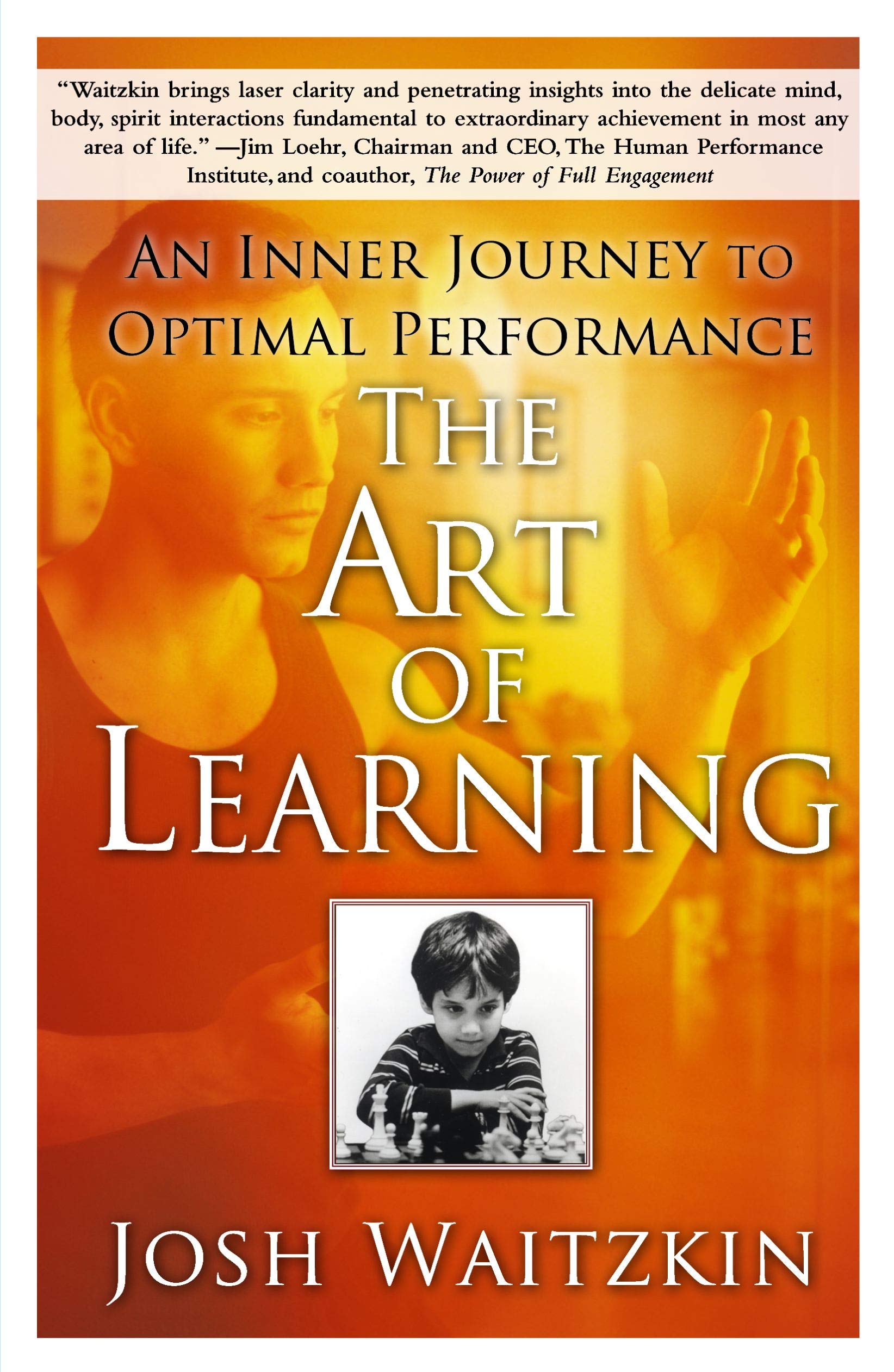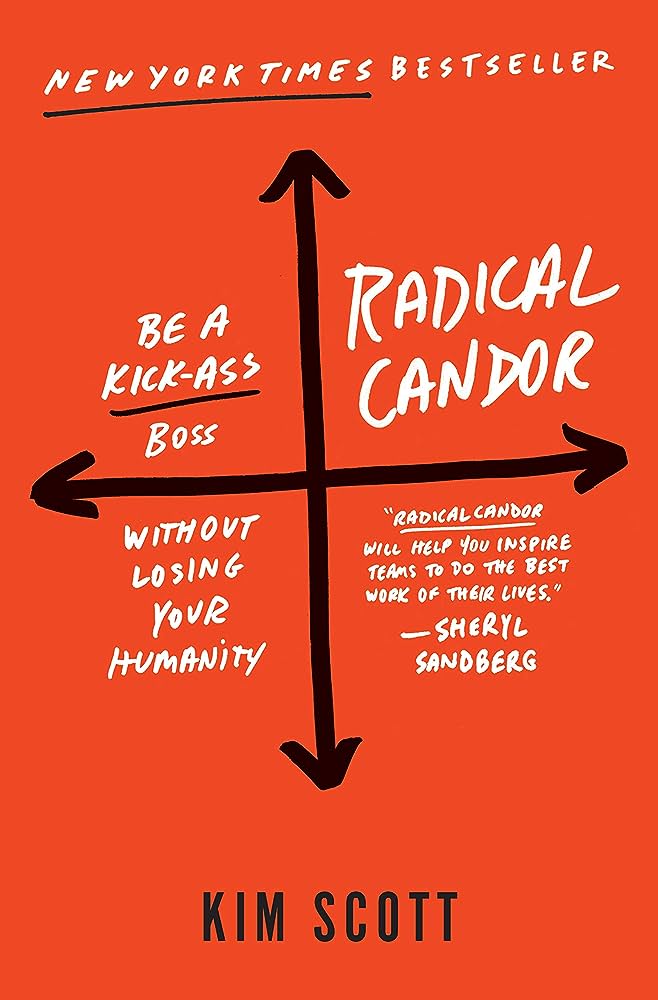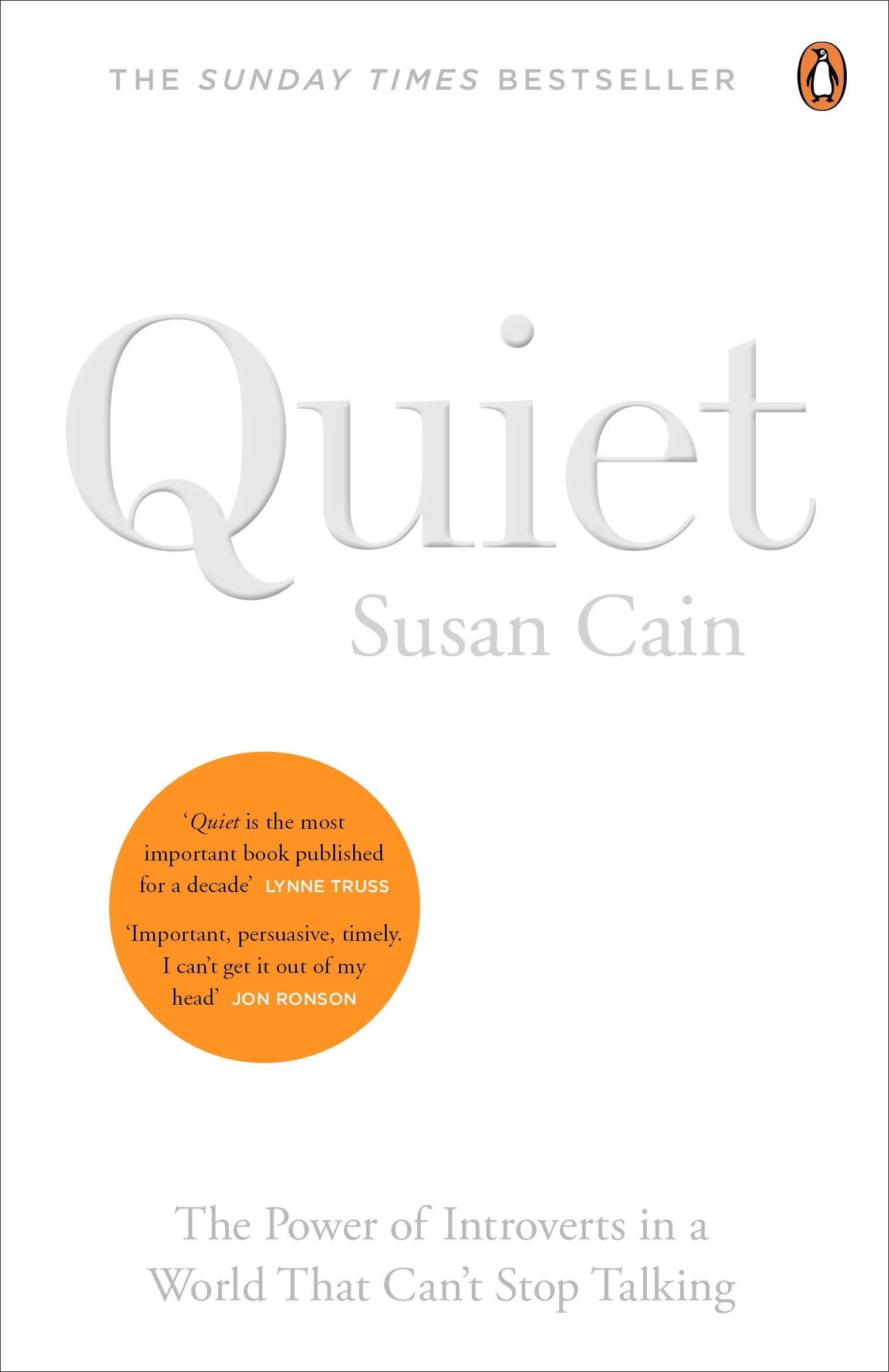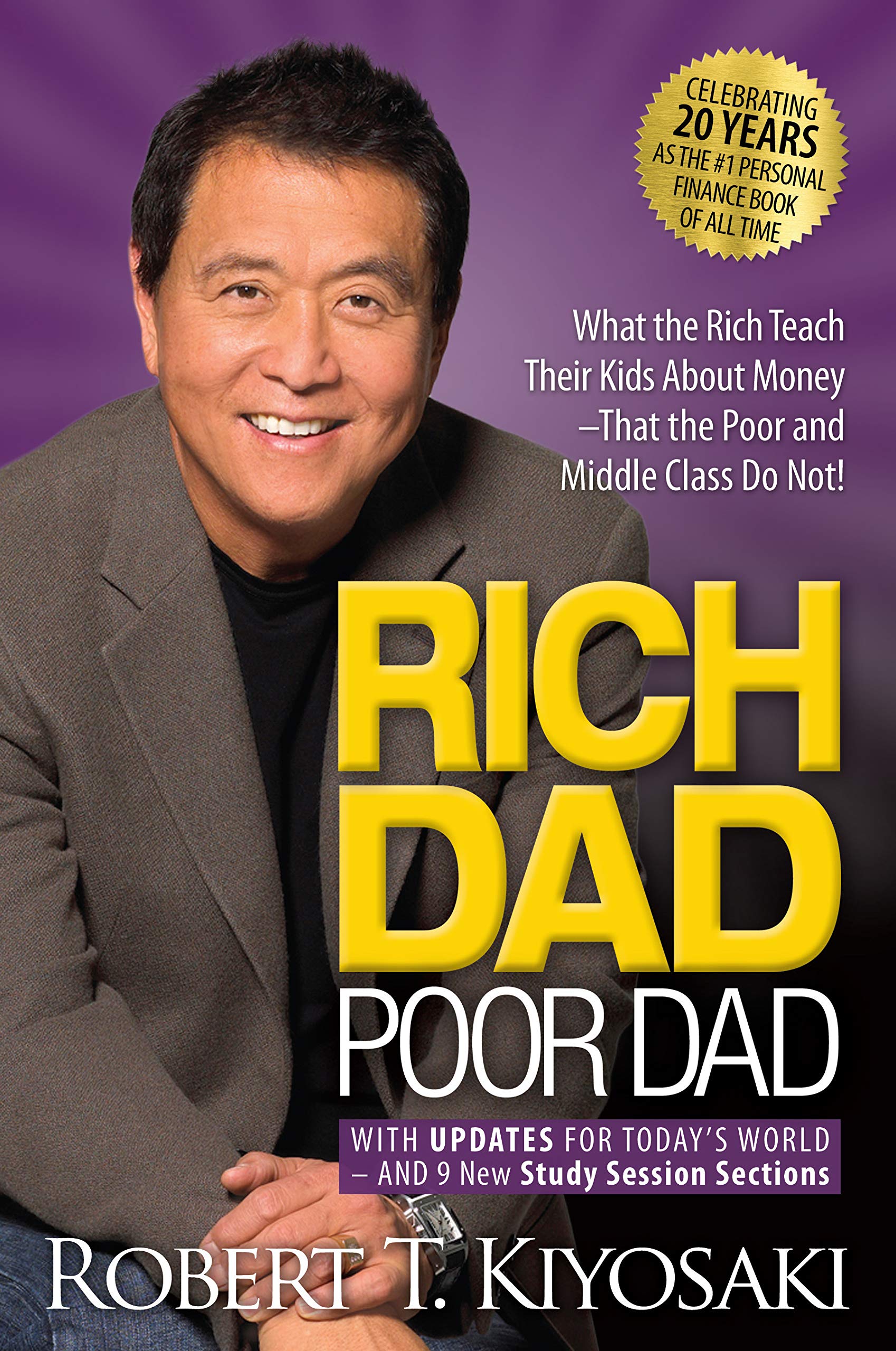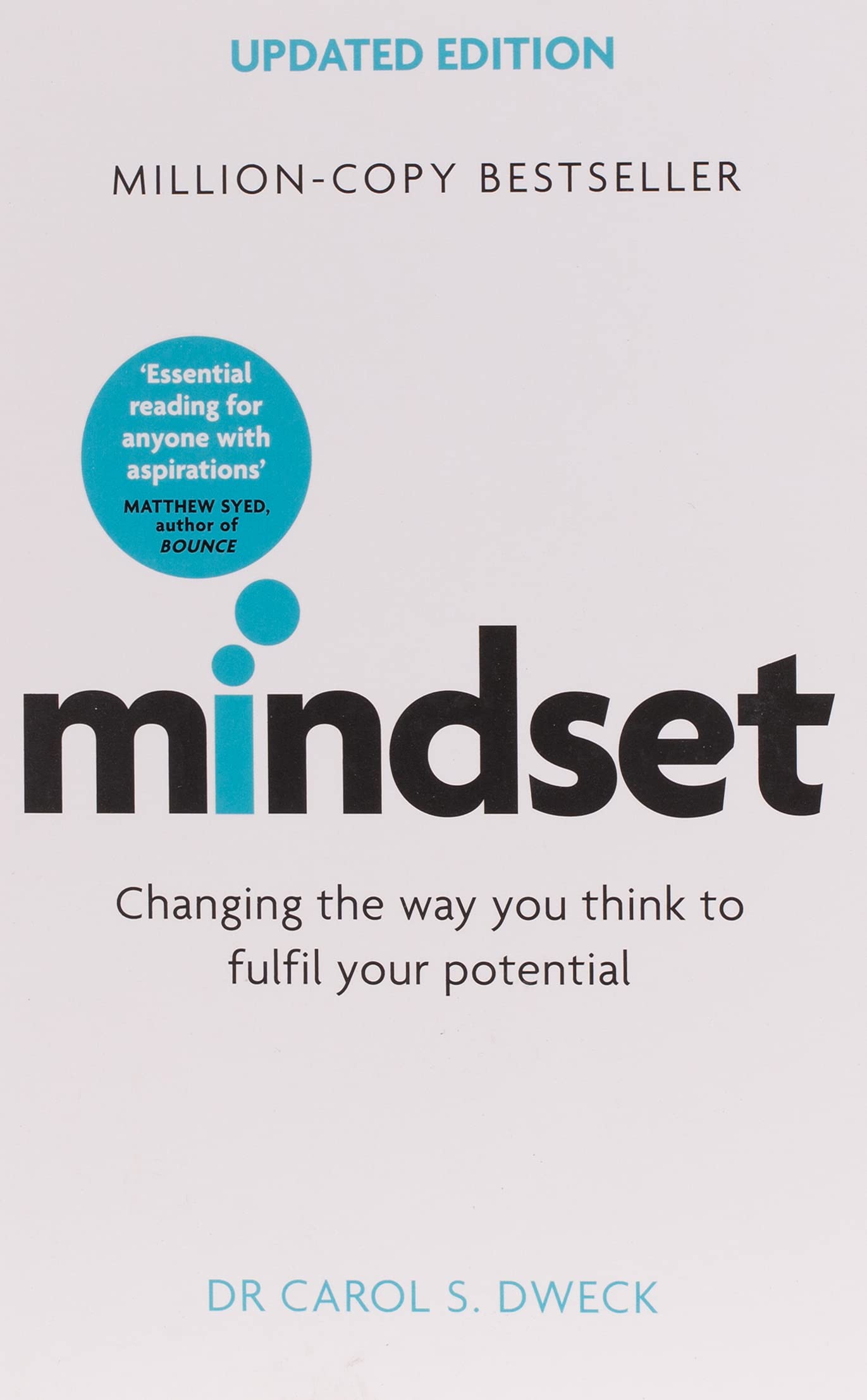When you internalise the process you can reach a higher level.

The art of learning by Josh Waitzkin is a great book that follows Waitzkin’s learning & training to get to world-class level and both chess and push-hands tai chi. Overs many of the main principles of mastery that have been mentioned elsewhere.
Key points:
- Start with the fundamentals and then build from there (e.g. 2-piece end-game chess).
- Use this to develop a foundation before moving on
- Experience, practice, and time leads to internalisation of a skill and its associated knowledge. This then allows you to operate at a higher level because so much is done subconsciously
- Waitzkin discusses ‘intuition’ in a similar way to Robert Greene in Mastery
- Learning process is one of integration of knowledge, experience, and experimentation; together this leads to intuition
- Incremental learning praises the process, rather than just the outcome
- This promotes a shift towards an internal locus of control and away from fixed abilities (e.g. being good/bad at x/y)
- ‘Soft focus’ is the ability to have total concentration on a specific target despite external distractions
- This is unlike ‘hard focus’ that requires silence and nothing external
- Also contributes to the idea that sports people can improve their performance with challenging competition
- To develop this, you need to learn to integrate your emotions into focus, not block them out
- Similar to Buddhist teachings of acknowledging your thoughts and feelings, rather than pretending that they’re not present
- As you internalise information and store in chunks, you carve new neural pathways that allows your conscious focus to move to smaller aspects in more detail
- This may give the perception of time slowing down
- Interval training (both physically and mentally) is useful: the process of gathering and then releasing tension
- This is also the essence of meditation
- Develop a trigger to help you get into your soft focus
- Find an activity where you already have good soft focus (can be anything), then build a routine around that (e.g. food, meditate, music)
- Gradually condense and internalise the routine until you only need a part of the trigger
- Wait and look for moments of inspiration/novelty that are above your current level, then try to understand and connect back to where you are now
- You first need to create the space for inspiration
- ‘The only consistent thing in life is surprise’
- Always work within what it is true to yourself and your values
As with many of the most powerful books, I don’t think that a list of bullet points does it justice. The narrative that you are taken on provides a richness and meaning to the above that I find difficult to articulate.
More books like this:
- What smart students know by Adam Robinson
- Out of thin air by Michael Crawley
Here are one, two, and three other summaries/reflections on this book.
